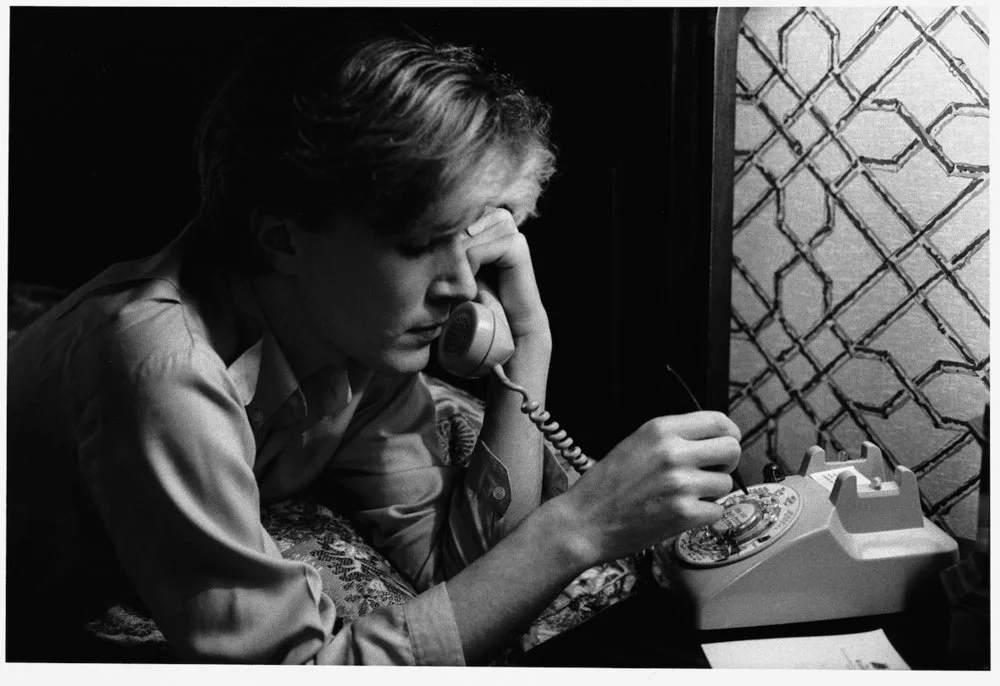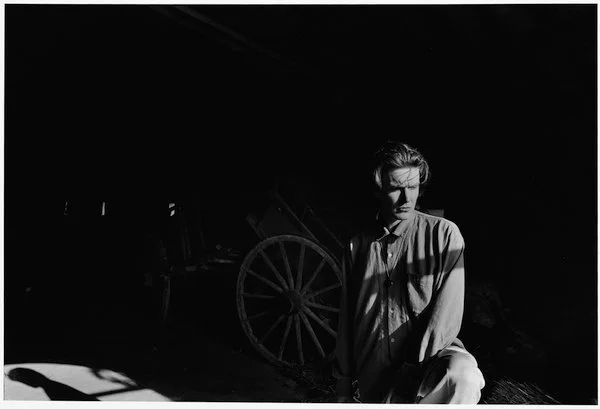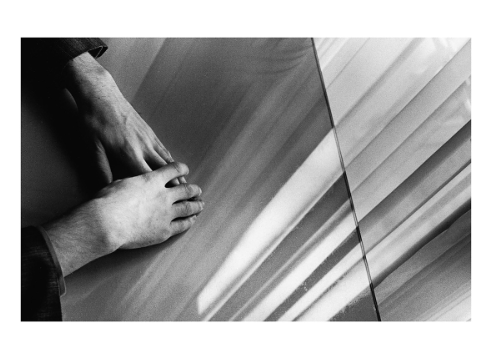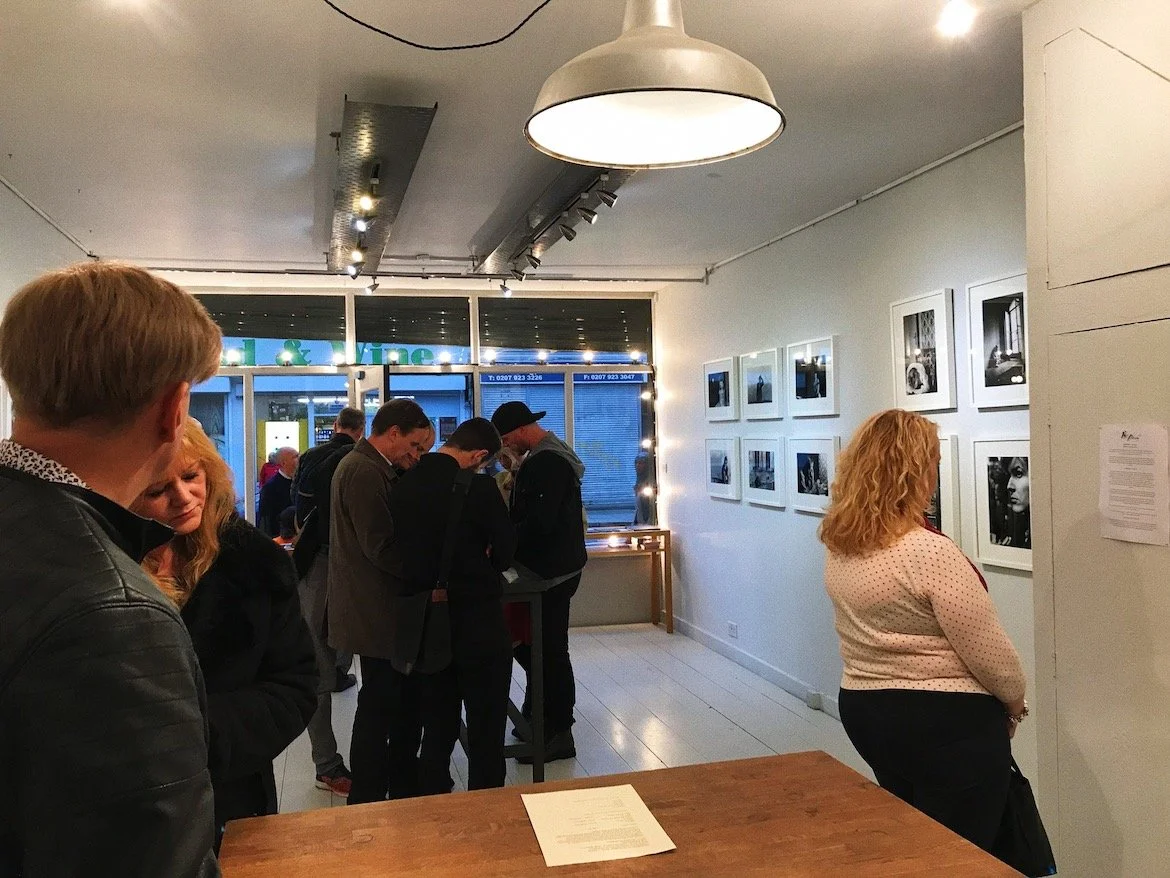YUKA FUJII – LIKE PLANETS
포코(Pocko)는 사진가 유카 후지이(Yuka Fujii)의 사진 에세이 ‘Like Planets’ 전시를 10월 3일부터 11월 1일까지 포코 갤러리에서 선보인다.
‘Like Planets’는 2018년 가을 출간된 책으로, 총 5개의 장으로 구성되어 있다. 이 작품은 그녀의 파트너였던 아티스트 데이비드 실비안(David Sylvian)과 함께 보낸 고요하고도 내밀한 시간들을 기록한 시각적 서사이자, 마치 한 편의 시와 같은 포토 에세이다. 대중음악의 세계와는 거리를 둔 채, 두 사람이 함께한 나날들을 섬세하게 포착한다.
책 속에서 실비안은 호텔 방, 작은 마을, 묘지, 이국적이고 때로는 음울한 풍경들 속에서 등장하며, 마지막에는 콘야와 이스탄불의 어두운 방 안에서 전환점—일종의 은총의 순간—을 맞는다.
이 사진집은 1980년대 초반부터 말까지, 화려한 팝 스타에서 내면을 탐구하는 구도자의 모습으로 빠르게 변해간 데이비드 실비안의 전환기를 기록하고 있다.
Pocko presents ‘Like Planets’, a photographic essay by Yuka Fujii, 3th October until 1st November at Pocko Gallery.
‘Like Planets’ was published in the autumn of 2018, consisting of 5 chapters the book documents a seemingly quiet, intimate, existence in the company of her then partner, the artist, David Sylvian. Far from the world of popular music, the book reads like a visual poem of the time shared together.
Sylvian is depicted in hotel rooms, small villages, graveyards, landscapes rural, exotic, and forbidding, before finally reaching a point of change, of grace, in the darkened rooms of Konya and Istanbul.
The book ‘Like Planets’ documents a period in time, between the early to late 1980s, in which David changed, rather rapidly, from well documented glamorous pop star to retiring spiritual aspirant.
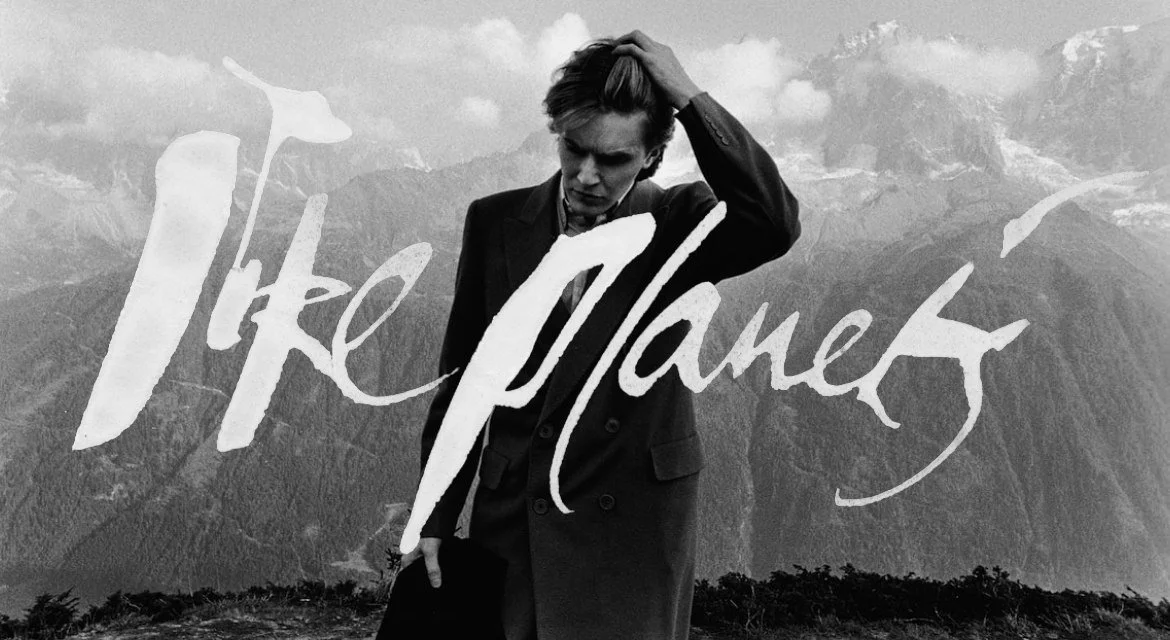
그는 더 이상 왜곡된 실존의 조명을 비추는 스포트라이트 아래에 있고 싶지 않았다. 대신, 창조적 삶의 원천이라 믿었던 ‘내면에서 비롯된 빛’을 찾아 자신의 내면을 들여다보는 여정을 시작했다.
— Yuka Fujii
“He no longer wished to be in the distorting existential glare of the spotlight and consequently set out on a personal journey of the interior, in search of what he believed to be the source of creative life; being the light derived from within.”
— Yuka Fujii
“그는 종종 그것을 ‘고갈되지 않는 영감의 우물’이라고 표현하곤 했다. 어쩌면 이것은 그가 성인이 된 후 처음으로 허락받은 휴식이었는지도 모른다. 자신이 걸어온 길을 되돌아보고, 진정으로 소중한 것이 무엇인지 성찰할 수 있는 기회. 이전까지 그를 짓눌렀던 외부의 수많은 압력 없이, 자신의 도덕적·윤리적 딜레마를 자유롭게 마주할 수 있었던 시간이었다.”
— Yuka Fujii
“He’d often refer to it as the inexhaustible well of inspiration. You could quite reasonably argue that this was the first break he’d been afforded in adult life, an opportunity to reflect on where he’d come from and what truly mattered to him most, freely questioning his own moral and ethical dilemmas without the many external pressures to which he’d previously been subjected.”
— Yuka Fujii

